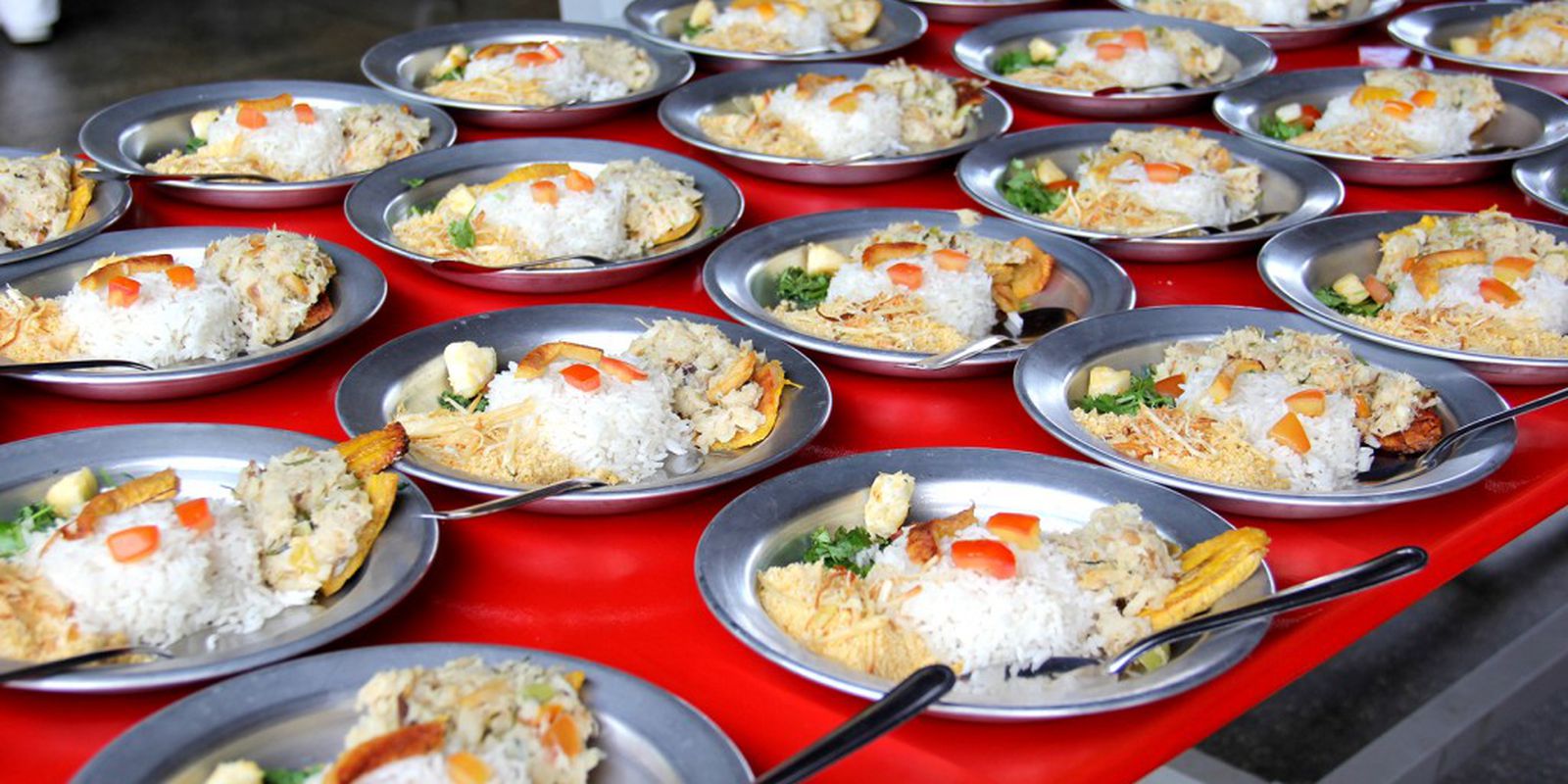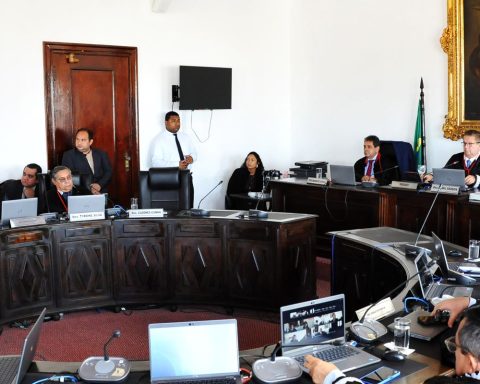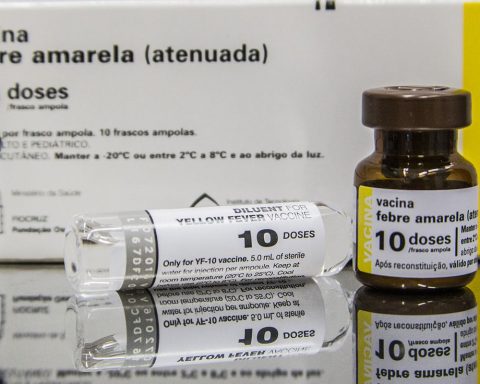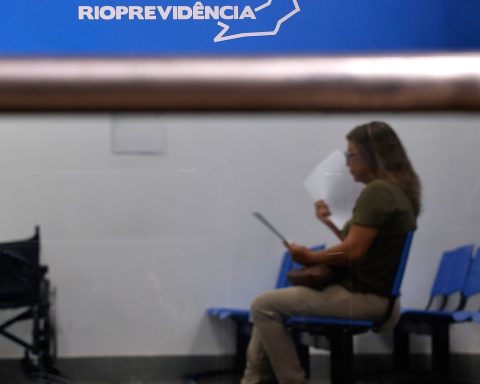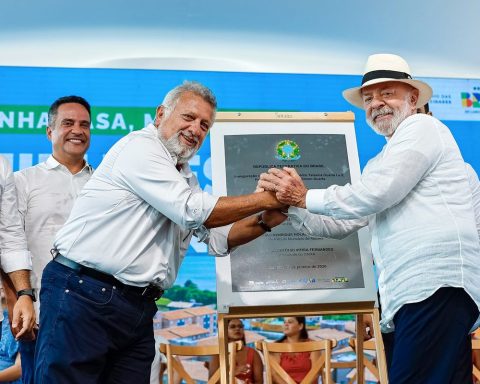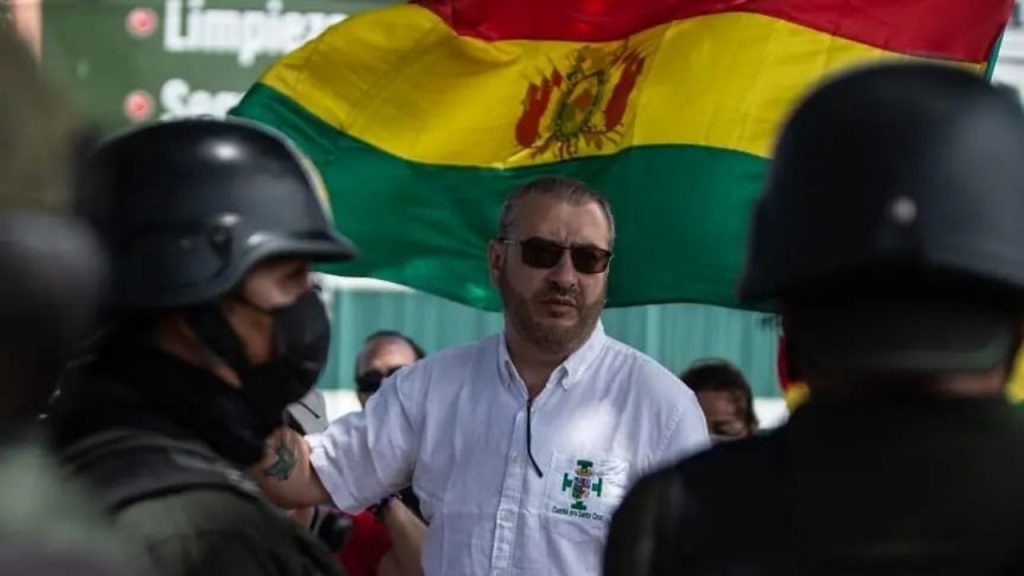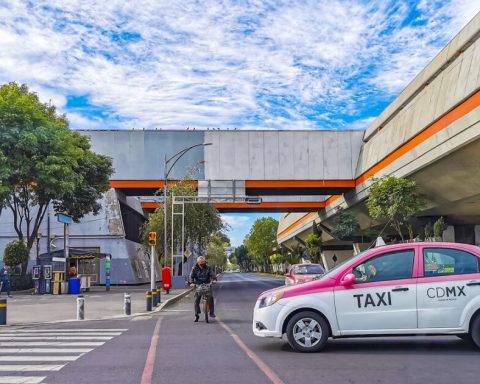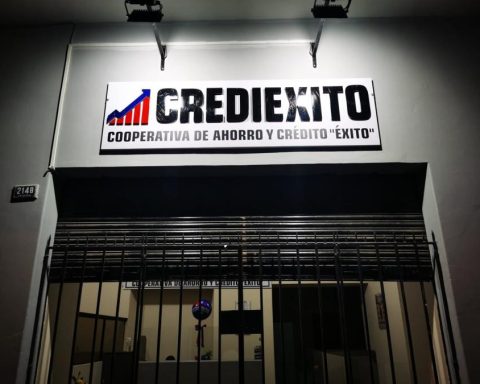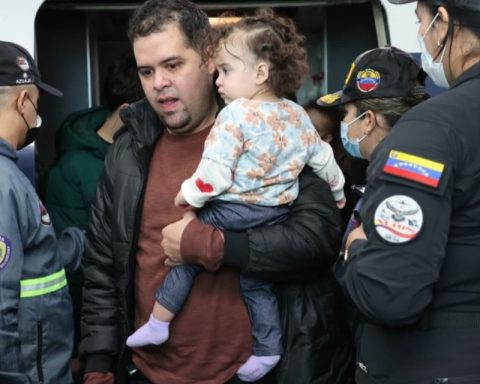The Food and Agriculture Organization of the United Nations (FAO) will present today (26) at Green Rio, Marina da Glória, the project Consolidation of School Feeding Programs in Latin America and the Caribbean, an international technical cooperation initiative with the Brazilian government that works to strengthen school feeding policies in the region.
School feeding programs serve an estimated 85 million students in Latin America and the Caribbean. In addition to improving the quality of food for children, the initiative strengthens the local family farming chain, as it encourages countries to purchase food from small farmers through public purchases.
For the project coordinator, Najla Veloso, school feeding is a strategy to fight overweight and obesity and represents the possibility of educating for a new food culture. “This panel will also promote reflection on ongoing actions and the necessary changes in this policy for the transformation of food systems.”
According to (FAO), the region is the most expensive to eat healthily, being an unattainable reality for 113 million people. The lack of access to healthy diets and the low quality of food bring negative impacts and increase the probability of disabilities, increasing overweight and obesity, as well as chronic non-communicable diseases.
An important event to consolidate Brazil as a strategic country in the global bioeconomy scenario, Green Rio is back in person at Marina da Glória, in Rio de Janeiro, today (26) and tomorrow (27) and will also be broadcast online, enabling the all interested parties follow the debates of the event.
O Green River had its first edition in 2012, when it was a side event of the Rio+20 Conference. Over these eight years, the event has established itself as a sustainable business platform that brings together exhibitors, speakers and representatives of the green economy and the organic sector. This year, Green Rio has live activities and online broadcasts.
